India is a tough partner, but Ursula von der Leyen and her team are hoping for closer ties on three fronts: trade, technology and Ukraine.
More than 20 European Commissioners including the top brass will jet to Delhi on Thursday and Friday for meetings with the Indian government in a charm offensive to relaunch an India-EU “strategic partnership" designed to gain more access to the sub-continent's huge market, leverage cooperation in key tech sectors and garner Indian support over Ukraine. But India is not the easiest partner.
Trade negotiations between both blocs were launched in 2007 without much success, but after several false starts this visit to India is set to mark a relaunch.
Against a backdrop of tense trade relations with its main partners - the US and China - the European Commission is pursuing its strategy of diversifying trade agreements around the world. In 2024, the EU and India exchanged €120 billions in goods. The potential for greater trade has been stymied with Europeans perceiving India as a protectionist partner with whom negotiations are often tricky. “India’s market is relatively closed,” according to one senior EU official, “especially on key products of commercial interest to the EU and to our member states' industries.”
The EU will look for access on some key exports such as cars, spirits and wines. But alcohol is a sensitive subject for negotiations, as India has strict state regulations and high tariffs. More generally, the EU intends to relaunch negotiations for an agreement that covers tariffs and non tariff barriers but also commitments on public procurement access.
Cooperation on tech
This is a sector where India and the EU have common interests. The EU hopes to benefit from this.
Following another breakdown in trade negotiations in 2021, in 2023 both blocs launched a Trade and Technology Council, which will meet for the second time on the margin of the general commissioners' trip to talk about cooperation in tech.
Artificial intelligence will be part of the discussions, since Prime minister Narendra Modi co-chaired the AI Action Summit in Paris two weeks ago and India will host in six months a new summit on AI. “The EU and India are lagging behind China in the development of AI, this could be a fruitful area of cooperation,” according to Anunita Chandrasekar, an expert at the Centre for European Reform.
Relations between India and China are strained. In June 2020, the Delhi government banned TikTok's use in India on national security grounds.
“Collaboration between start-ups in critical sectors such as quantum computing, EV batteries and semiconductor manufacturing is a topic of discussion between the two blocs," Chandrasekar added.
The EU signed an agreement with India in the field of semiconductors - for which several Indian states are trying to establish themselves as hubs - in November 2023.
Ukraine: coaxing India into the European camp
Ukraine will be the focus of bilateral talks between Narendra Modi and Commission President Ursula von der Leyen. The EU will be trying to win India over to its cause, against a background of peace negotiations between Russia and the US, from which the Europeans are currently excluded.
Ukraine remains a tricky issue between the two negotiating sides however, with India - a historic ally of Russia - retaining “equidistance” from both sides of the conflict. India abstained during Monday's UN resolution condemning Russian aggression and demanding the immediate withdrawal of Putin’s forces from Ukraine. However the US voted that resolution down - adding to the pressure on the EU to foster new trading links in an era of shifting alliances.
The Europeans will try to convince their Indian counterparts that “Ukraine’s security is for EU security and for Indian security", the senior official underlined, adding: “We are the champion of security and peace in Ukraine. We see India as a key partner in making that case for a durable peace.”
Another point Von der Leyen will raise is sanctions that the EU maintain on Russia and India’s enforcement of those sanctions. The EU has imposed sanctions on Indian companies that circumvented existing measures. “We want to make sure that those sanctions are effective,” the official said.

 1 month ago
13
1 month ago
13

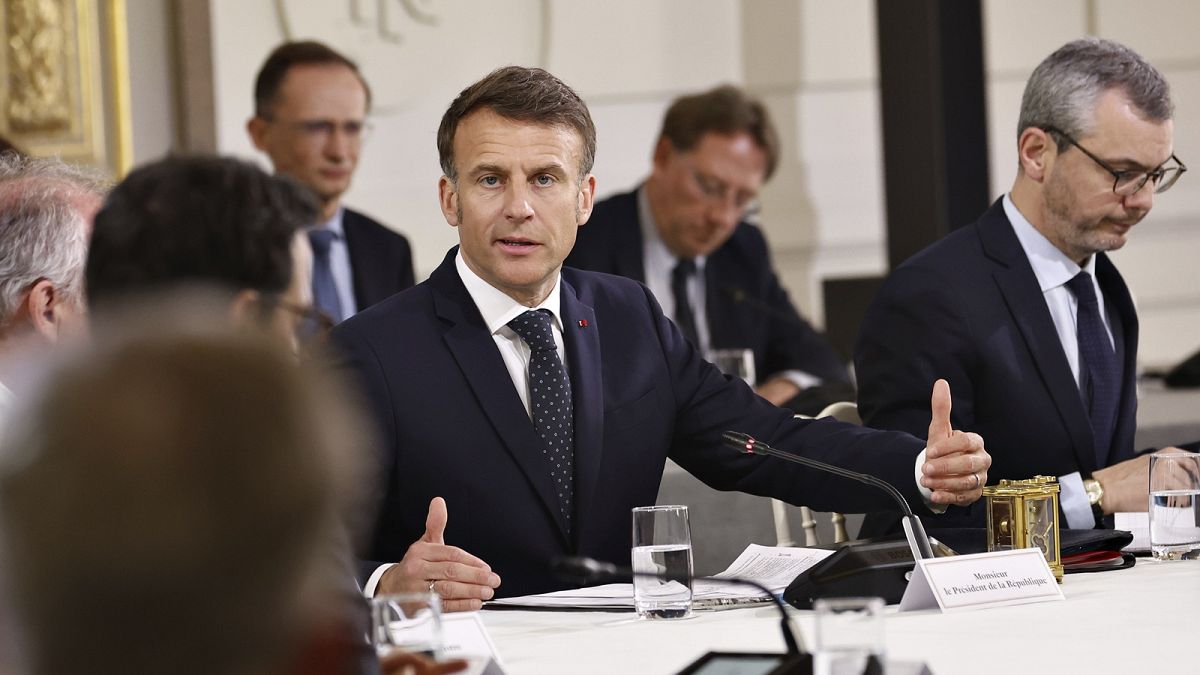
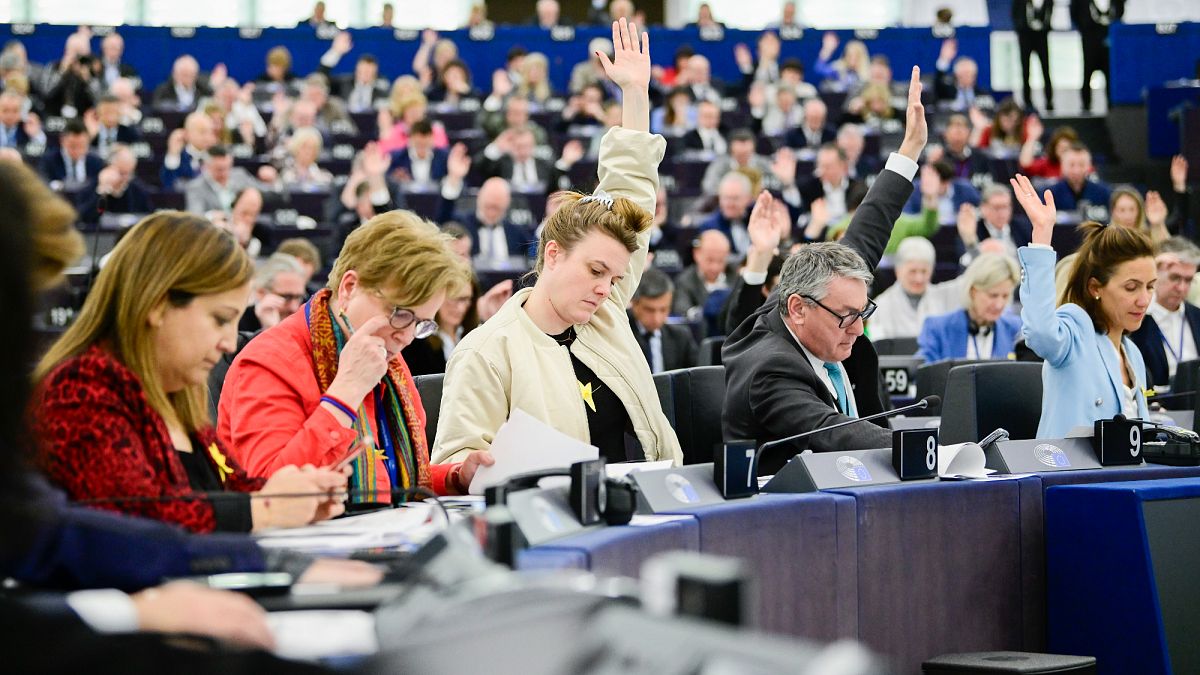
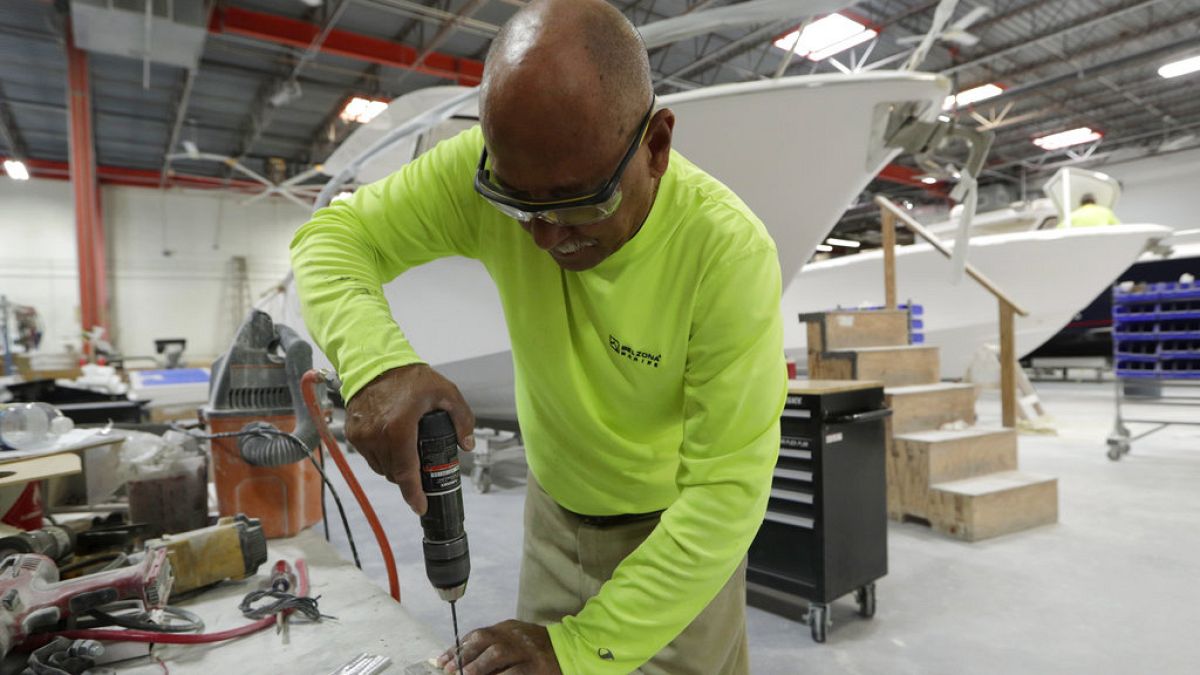
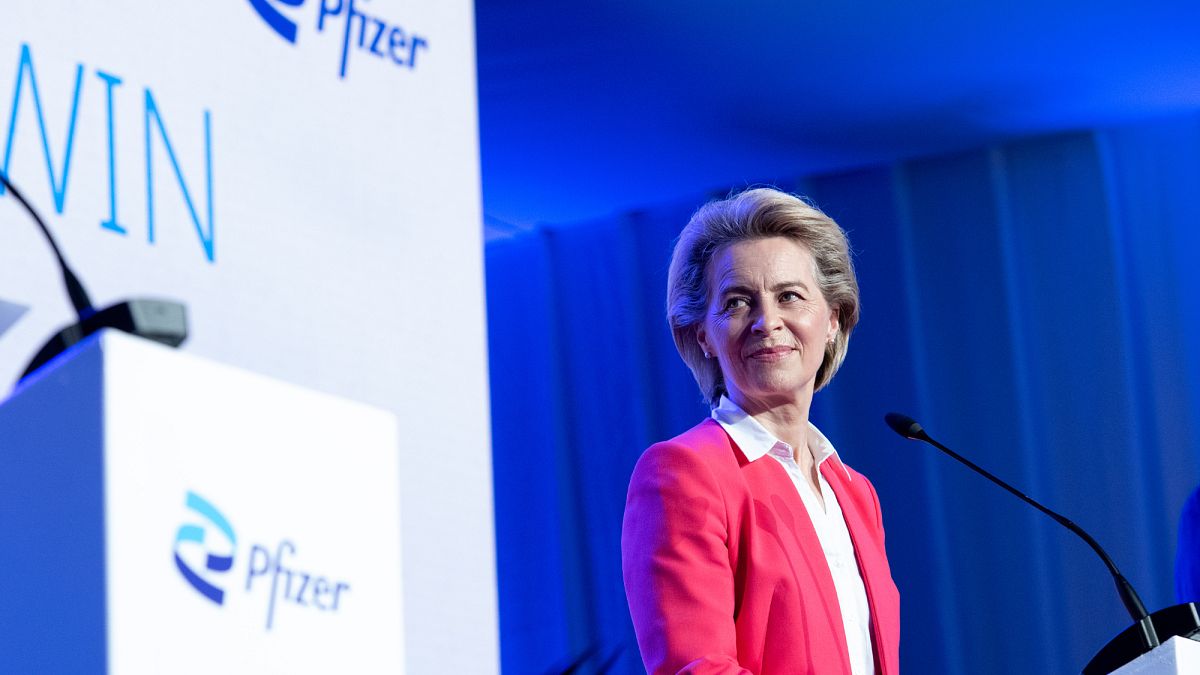
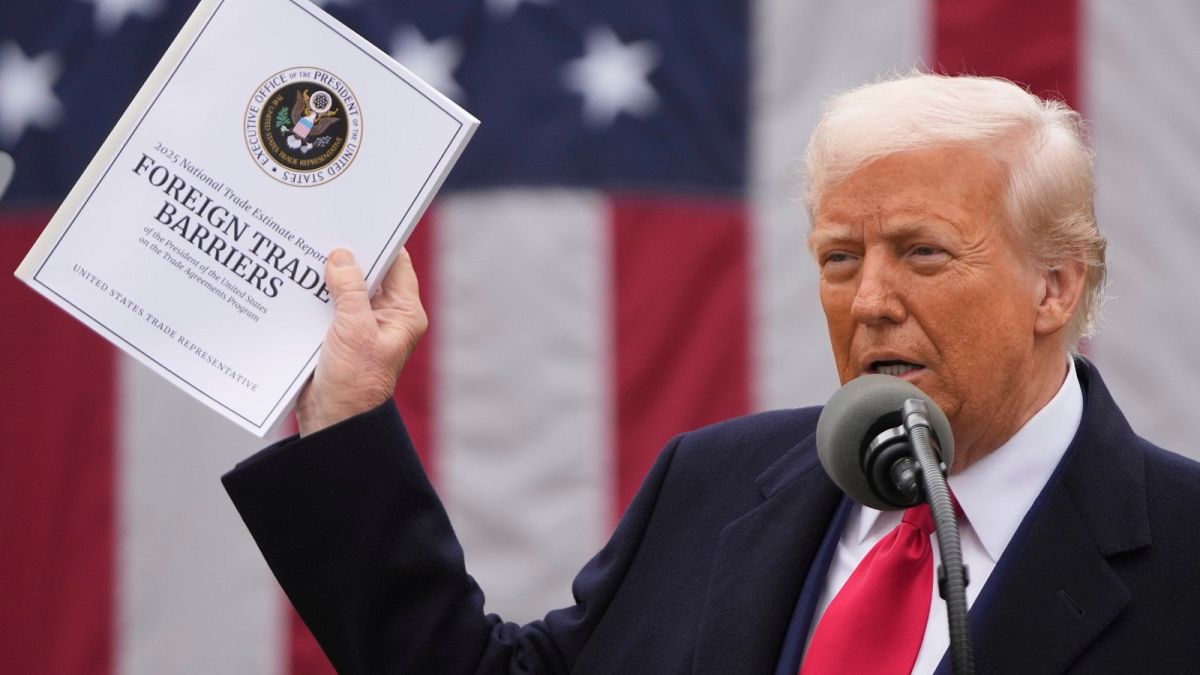
 We deliver critical software at unparalleled value and speed to help your business thrive
We deliver critical software at unparalleled value and speed to help your business thrive






 English (US) ·
English (US) ·